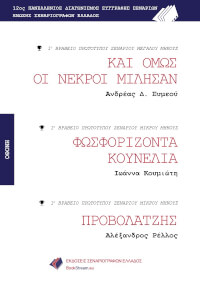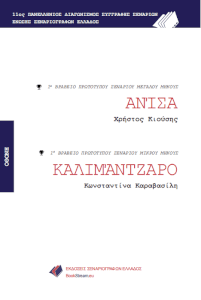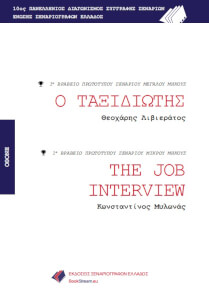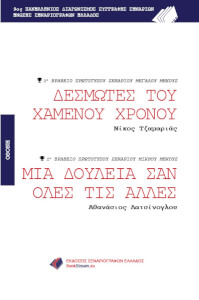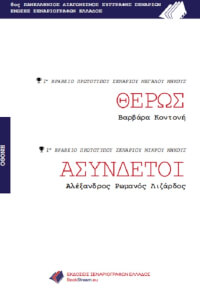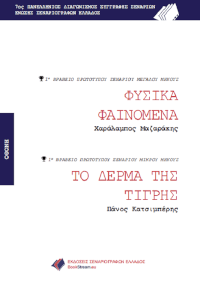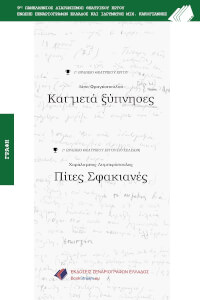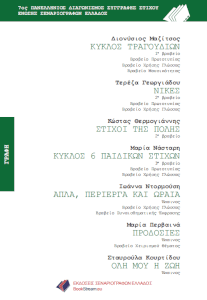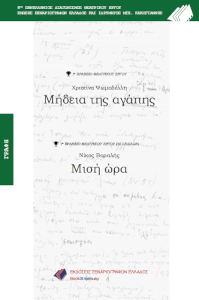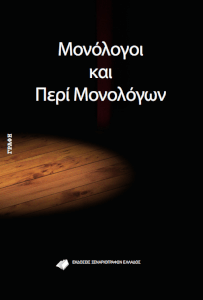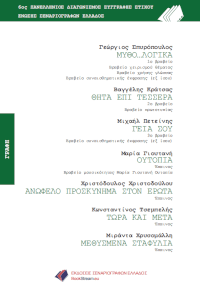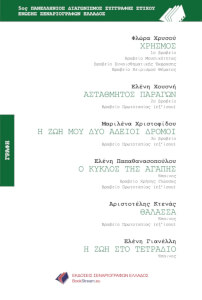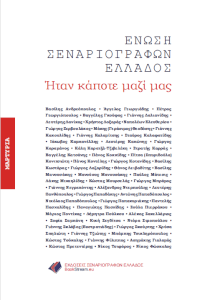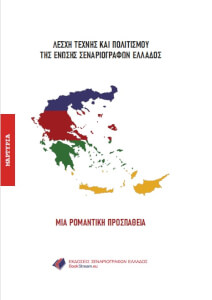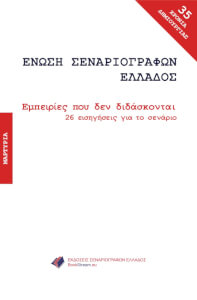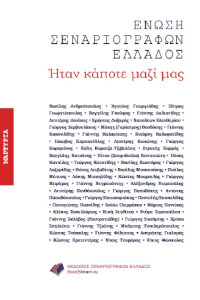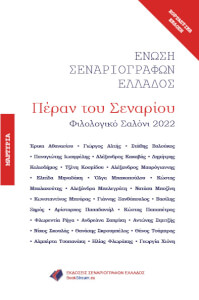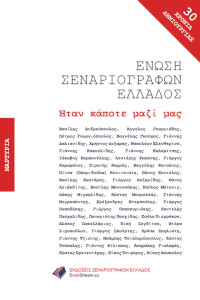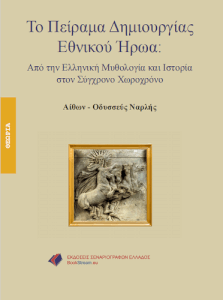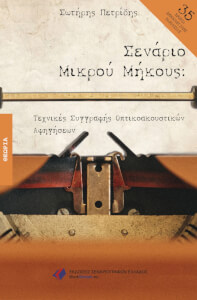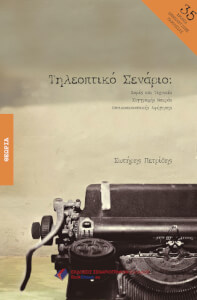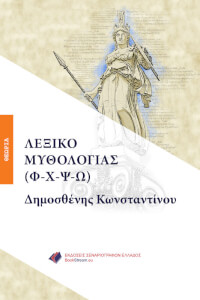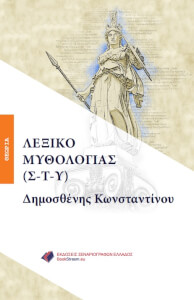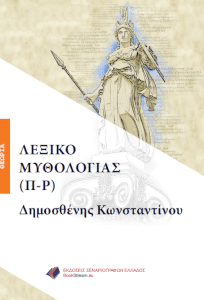EFA Chairwoman Agnieszka Holland talks about her visions and ideas for the EFA.
A New Kind of Energy
Continuing our series introducing the members of the Board of the European Film Academy, EFA Chairwoman Agnieszka Holland talks about her visions and ideas for the EFA.
You have been elected as head of the EFA Board - that's the first time the post goes to a filmmaker from Eastern Europe and the first time it goes to a woman! Is this the beginning of a new era?
I would like to give some kind of new perspective and energy to the Academy. It's not so easy. To extend our activity we need more money and more involvement of younger members from around Europe. I am trying to figure out how to make our Academy their place, how to activate young filmmakers and convince them to take the responsibility for our common actions. Is it a new era? I don't know. Europe is in a deep spiritual, social and political crisis. I don't know the most efficient remedy. But we have to think, to talk, and to act together. Certainly, the experience of my part of Europe, the experience with different forms of oppression, also my particular experience of the struggles of a female director in the contemporary world can give me a wider and richer perspective. I will try to take advantage of it and to share it with the Academy.
Your native Poland is quite strong in the EFA, ranking #7 with 137 members, other countries from central and Eastern Europe are less well represented. Why is that and how can the representation of films from Central/Eastern Europe and their makers be improved?
I am under the impression that the European Film Academy is better respected in the post-communist part of Europe. We still believe in Europe, its mythology, its values, its institutions. One of the reasons why Eastern European filmmakers were maybe not so eager to become members in the beginning was a purely financial one: we've been poor and even an ever so small fee was a problem for many potential members. The next reason stems from the under-representation of Eastern European cinema in the nominations and awards. After the fall of the Iron Curtain, our films were not "sexy" enough to make it to the big festivals, western voters didn't know them and were not curious enough to watch them - even if they made it into the EFA Selection. I believe we have to find a way to promote the cinema of smaller nations among our members and - more importantly - among European audiences.
You have worked both in Europe and the US - how will you use this experience for the aims of the EFA?
I have great respect for the American way of moviemaking. But I am also a patriot of European cinema; it is my home. I also know that cinema needs to be really powerful, courageous, innovative, provocative and accessible at the same time; personal and attractive for the broader audience to keep up with America and to regain the universal impact we had throughout much of the 20th century. I would like our Awards to be able to promote this kind of European cinema. We need to reach new audiences, new generations of viewers.
What are the issues or aims within the EFA you feel most strongly about and how do you plan to address them?
For me, the promotion of European cinema in Europe remains the most important goal. The Awards are the tool, not the final aim. The aim is to wake up and attract the audience. Education and communication, the exchange of ideas and experiences, the creation of an international filmmaking community - these are, I believe, the issues that give meaning to the Academy. I still believe that Europe is a special place, able to produce the creative content which can move people all over the world and open borders for a new kind of freedom.



